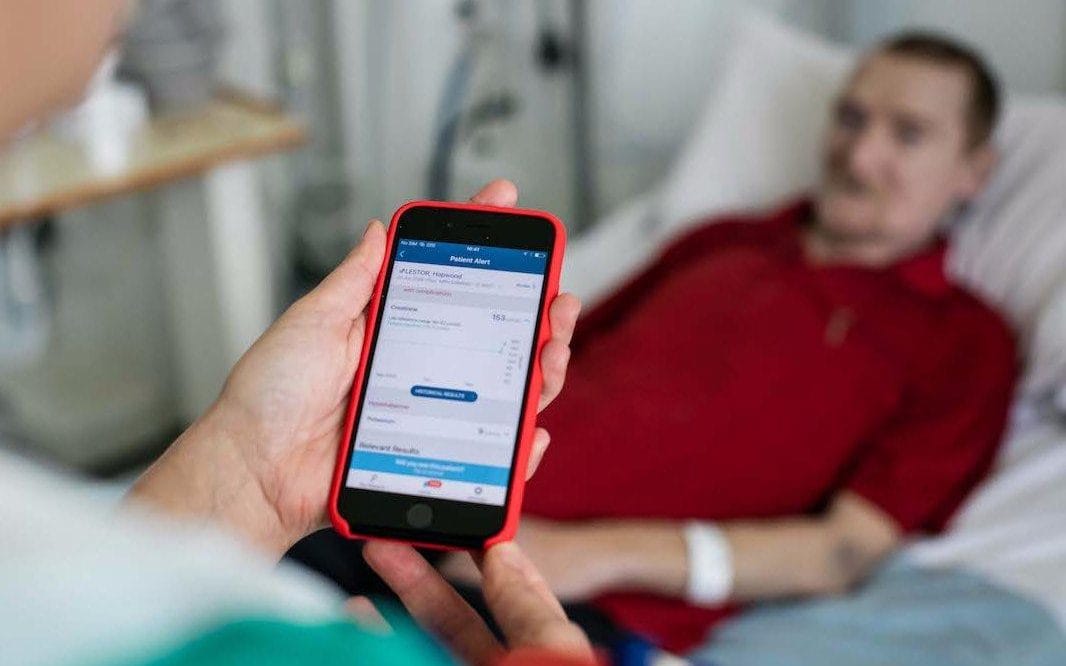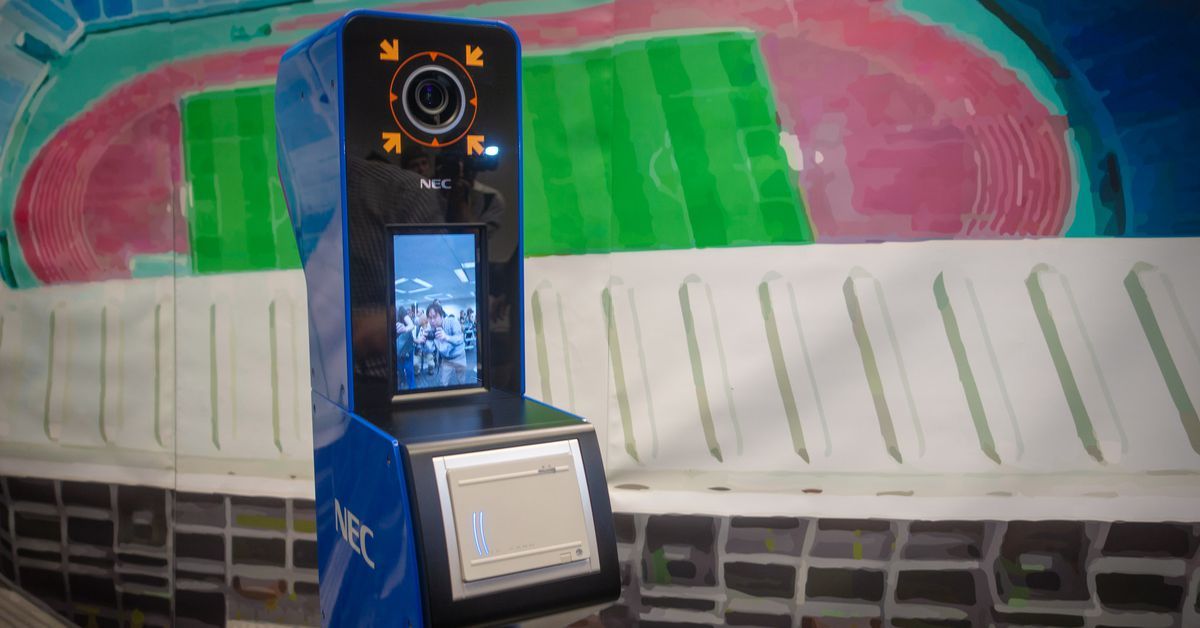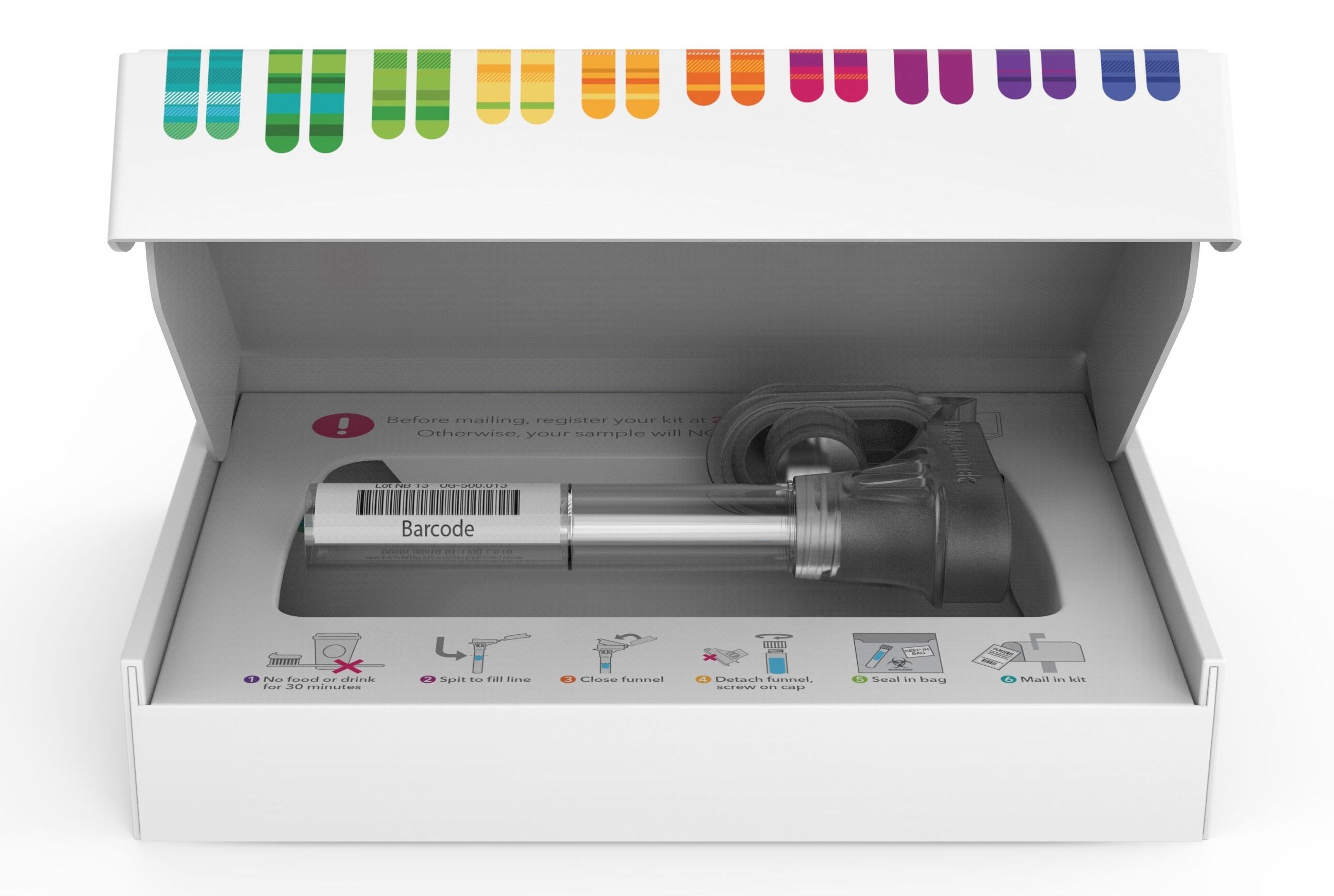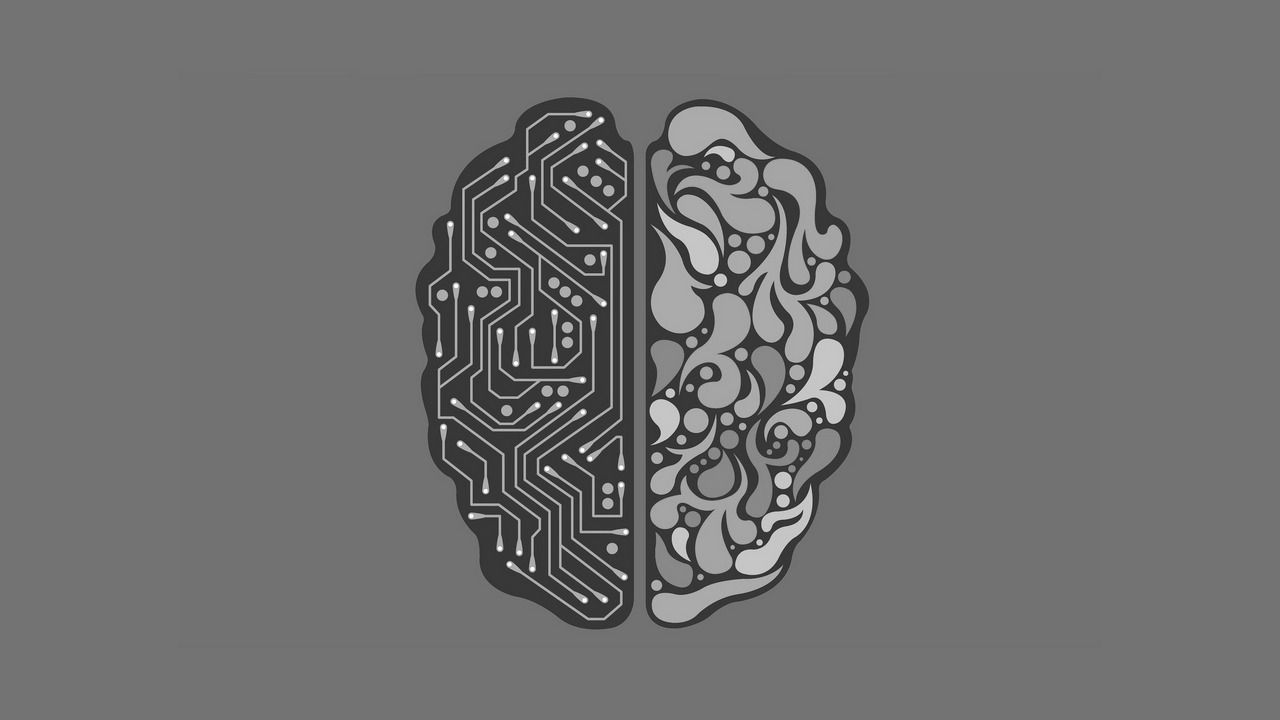The new service lets consumers contribute to medical research, but still poses privacy concerns.
- By Karen Weintraub on November 17, 2018

The new service lets consumers contribute to medical research, but still poses privacy concerns.

Biometric features like fingerprint sensors and iris scanners have made it easier to securely unlock phones, but they may never be as secure as a good old-fashioned password. Researchers have repeatedly worked out methods to impersonate registered users of biometric devices, but now a team from New York University and the University of Michigan has gone further. The team managed to create so-called “DeepMasterPrints” that can fool a sensor without a sample of the real user’s fingerprints.
Past attempts to bypass biometric systems usually involve getting access to a registered individual’s data — that could be a copy of their fingerprint or a 3D scan of their face. DeepMasterPrints involves generating an entirely new fingerprint from a mountain of data that’s close enough to fool the sensor. Like so many research projects these days, the team used neural networks to do the heavy lifting.
The process started with feeding fingerprints from 6,000 people into a neural network in order to train it on what a human fingerprint looks like. A neural network is composed of a series of nodes that process data. It feeds forward into additional “layers” of nodes if the output meets a certain threshold. Thus, you can train the network to get the desired output. In this case, the researchers used a “generative adversarial network” to tune the system’s ability to generate believable fingerprints. The network used its understanding of prints to make one from scratch, and then a second network would determine if they were real or fake. If the fingerprints didn’t pass muster, the network could be re-tuned to try again.

Privacy advocates have raised concerns about patients’ data after Google said it would take control of its subsidiary DeepMind’s healthcare division.
Google, which acquired London-based artificial intelligence lab DeepMind in 2014, said on Tuesday that the DeepMind Health brand, which uses NHS patient data, will cease to exist and the team behind its medical app Streams will join Google as part of Google Health.
It comes just months after DeepMind promised never to share data with the technology giant and an ethics board raised concerns over its independence.
Whether it’s left there or right here… the tactics and destination look pretty much the same to me…
China is the world leader in facial recognition technology. Discover how the country is using it to develop a vast hyper-surveillance system able to monitor and target its ethnic minorities, including the Muslim Uighur population.
Click here to subscribe to The Economist on YouTube: https://econ.st/2xvTKdy
Improving lives, increasing connectivity across the world, that’s the great promise offered by data-driven technology — but in China it also promises greater state control and abuse of power.
This is the next groundbreaking development in data-driven technology, facial recognition. And in China you can already withdraw cash, check in at airports, and pay for goods using just your face. The country is the world’s leader in the use of this emerging technology, and China’s many artificial intelligence startups are determined to keep it that way in the future.

The facial recognition technology the US is testing for airports has caught its first imposter merely three days after Washington Dulles International started using it. According to US Customs and Border Protection (CBP), a 26-year-old man from Sao Paulo, Brazil successfully fooled people with a French passport until he presented it to a Dulles officer who used the new facial comparison biometric technology. The system determined that his face wasn’t a match with the person in the passport, and he was sent for a comprehensive check, which revealed the Republic of Congo ID hidden inside his shoe.

[Image credit: US Customs and Border Protection].

NEC has announced that it will be providing a large-scale facial recognition system for the 2020 Summer Olympic and Paralympic Games in Tokyo. The system will be used to identify over 300,000 people at the Games, including athletes, volunteers, media, and other staff. It’s the first time that facial recognition technology will ever be used for this purpose at an Olympic Games.
NEC’s system is built around an AI engine called NeoFace, which is part of the company’s overarching Bio-IDiom line of biometric authentication technology. The Tokyo 2020 implementation will involve linking photo data with an IC card to be carried by accredited people. NEC says that it has the world’s leading face recognition tech based on benchmark tests from the US’ National Institute of Standards and Technology.

Consumer genetic testing company 23andMe announced on Wednesday that GlaxoSmithKline purchased a $300 million stake in the company, allowing the pharmaceutical giant to use 23andMe’s trove of genetic data to develop new drugs — and raising new privacy concerns for consumers.
23andMe is partnering with big pharma company GlaxoSmithKline. Here’s what that means for consumer rights and genetic privacy.


Developers at major technology companies, outraged by the Snowden disclosures, started pushing back. Some, such as those at WhatsApp, which was bought by Facebook a year after the story broke, implemented their own encryption. Others, such as Yahoo’s Alex Stamos, quit rather than support further eavesdropping. (Stamos is now the head of security at Facebook.)
Five years after historic NSA leaks, whistleblower tells the Guardian he has no regrets.
Mon 4 Jun 2018 13.00 EDT Last modified on Tue 5 Jun 2018 04.46 EDT.

The technology could be used at airport security instead of fingerprinting and eye-scanning. It can successfully verify an individual simply by analysing the footstep 3D and time-based data.
The AI system, developed by researchers at University of Manchester in the UK and University of Madrid in Spain, correctly identified an individual almost 100 percent of the time, with just a 0.7 error rate.
Physical biometrics, such as fingerprints, facial recognition and retinal scans, are currently more commonly used for security purposes. However, so-called behavioural biometrics, such as gait recognition, also capture unique signatures delivered by a person’s natural behavioural and movement patterns.